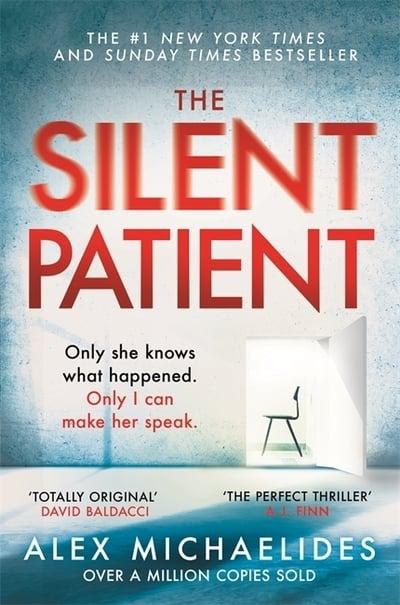
The diary extracts read a bit like Pamela (again, in a bad way) with some ridiculous bits. At times it's laughable (in a very bad way). In other words, the author did some cursory research on it and then tried to make a book revolving around the subject. Theo, the psychotherapist, doesn't seem to have much understanding of therapy at all. But it's a disappointment - spend your money elsewhere. There's been a lot of hype over this book, which was the reason I went for it. It is a gem a holiday from the smut of popular culture. Perhaps not everyone will enjoy it because it is an introspective experience, but it is such a breath of fresh air in comparison to other popular literature that is churned out using the winning formula of sex, money, greed and revenge that leaves me feeling dirty afterwards even if it is entertaining. Wonderful book and really good narration. I hope his other books are as good, because I am going straight back to buy more. it feels cathartic in a way that is also surprising.

The plot is at the same time both familiar and surprising. He writes simply with a gentle clarity and no wasted words, in a way that is respectful towards the reader, the subject matter and the characters.

Every single one of them relatable, and every viewpoint engenders empathy. The characters are developed so well that they feel real to me.

I was thoroughly immersed in the plot which is woven so subtly I hardly realised how good it is until it had drawn me in. Rage, like fear, is reactive in nature.The story starts at a gentle pace and gradually reveals itself to be an astonishingly good book in every respect.

A tormented, abused child can never take revenge in reality, as she is powerless and defenceless, but she can – and must – harbour vengeful fantasies in her imagination. But something goes wrong, depending on the circumstances into which we are born, and the house in which we grow up. As Winnicott put it: ‘A baby cannot hate the mother, without the mother first hating the baby.’ As babies, we are innocent sponges, blank slates – with only the most basic needs present: to eat, shit, love and be loved. This doesn’t mean that all abused children go on to become abusers but it is impossible for someone who was not abused to become an abuser. A simple analogy might be helpful: a leading psychiatrist in the field of sexual abuse once told me she had, in thirty years of extensive work with paedophiles, never met one who hadn’t himself been abused as a child. “Sometimes it’s hard to grasp why it is that the answers to the present lie in the past.


 0 kommentar(er)
0 kommentar(er)
